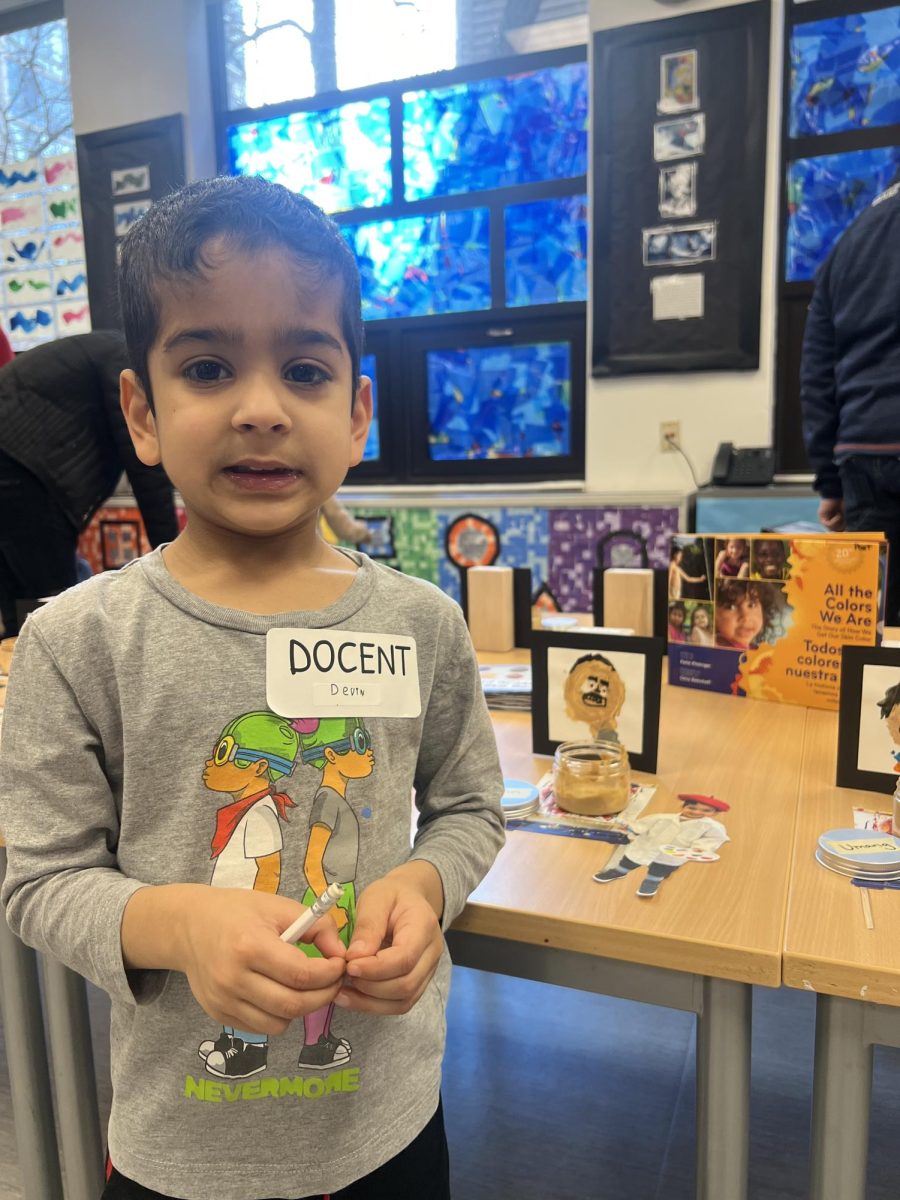Stephanie Racker On December 2, 2015, Syed Farook and his wife, Tasheen Malik, shot and killed 14 people and seriously injured 22 others in San Bernardino, CA. The shooting is now considered to be a terrorist attack. Days after the shooting, the Federal Bureau of Investigation (FBI) discovered Farook’s phone, an Apple iPhone 5C. His phone was not only password locked but the data within it was encrypted. This encryption means that after ten failed attempts to unlock the phone’s password, the phone would permanently lock and automatically delete all of its data. The FBI has requested Apple’s help in deciphering this phone’s encryption to determine if Farook and Malik had planned the attack with the Islamic State (ISIS). A federal court has sided with the FBI and has ordered Apple to help the FBI unlock this phone. Apple has declined the request of the FBI and challenged the court’s order. Apple has publicly stated they are unwilling to help the FBI because it would violate the privacy of its customers. After publishing a letter to its customers/making a public letter to its customers, Apple explains their reasoning behind denying the FBI assistance. “But now the U.S. government has asked us for something we simply do not have, and something we consider too dangerous to create. They have asked us to build a backdoor to the iPhone. Specifically, the FBI wants us to make a new version of the iPhone operating system, circumventing several important security features, and install it on an iPhone recovered during the investigation. In the wrong hands, this software — which does not exist today — would have the potential to unlock any iPhone in someone’s physical possession.” In essence, the task the FBI has requested Apple to complete is the creation of a “master key” for an iPhone. A master key is essentially a single key that has the capability to unlock any door. Often times schools, offices, and other public work places have some form of a master key, but in the case of Apple’s possible master key, it would have the power to possibly unlock any iPhone Apple has created. As Apple stated in their letter, this creation, if fallen in the wrong hands, could create havoc and jeopardize the safety and security of any iPhone in someone’s physical possession. Although the FBI only plans to use this possible master key for the San Bernardino case, Apple has explained its unwillingness to take such a risk, despite the assurance of the FBI. In the letter, Apple mentions the previous assistance they have given the FBI, such as providing data, complying to search warrants, or offering professional Apple engineers to provide advice during FBI cases. Apple also states in the letter their respect for the FBI and that although the FBI’s intentions are good, what they have asked Apple to do is far too dangerous. Because of Apple’s refusals to help, the FBI has chosen to use the All Writs Act of 1789 to prove their justification for requiring Apple’s assistance in unlocking the shooter’s iPhone 5C. The All Writs Act of 1789 basically means that courts are given the authority to require people to complete a certain task or request, as long as it is deemed legal and for a necessary reason. By the FBI following this path, Apple may end up having to undo the encryption on the iPhone and create a master key. Both sides of this debate have shown an overall reluctance to compromise, despite Apple and the FBI’s history of working together. The outcome of this case has yet to be decided and will only be determined once a judge rules in favor of either Apple or the FBI. Although the case originally began with Apple and the FBI, it has since branched out to everyday people and the struggle of privacy in a world filled with technology, including at Latin. The Latin community heavily relies on technology, whether it’s for school purposes such as smart boards and required laptops, or for students personal enjoyment such as their smartphones. Students use these items of technology on a daily basis and store information and data for school and for personal use. The question is no longer whether or not Apple should help the FBI, but if the government should have automatic access to anyone’s data at anytime. Technology has developed and its usage has increased rapidly with the majority of people relying on phones and computers to store personal information like credit cards as well as healthcare. If the government were to have access to the data of everyday people at all times, the security of smartphones and other technology would be questioned. The San Bernardino case has unleashed an issue of personal privacy in the new digital age that will continue to grow and fester until resolved. ]]>




































